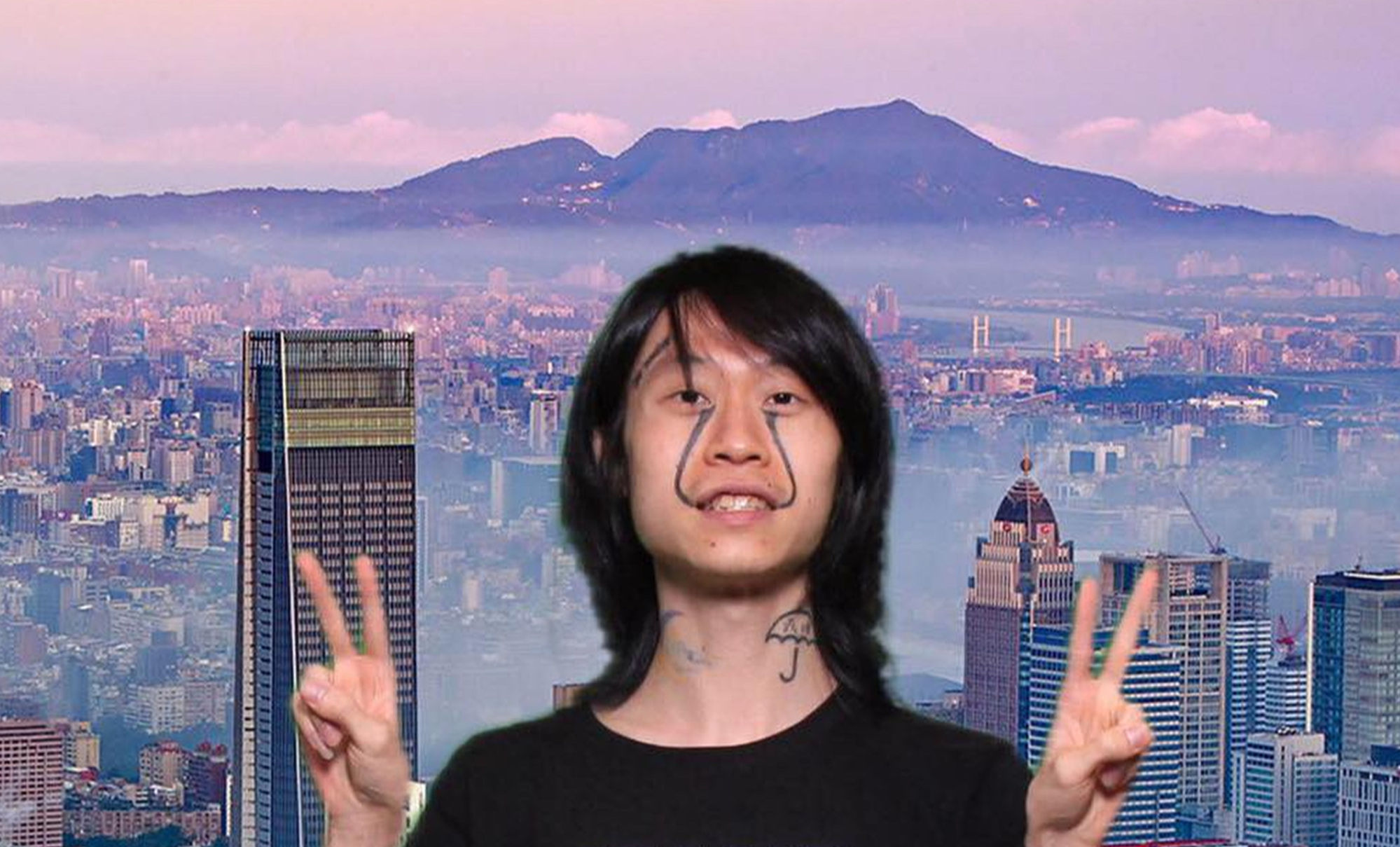
Hongkonger remanded in custody under Article 23 law over seditious clothing worn in public
- Prosecution believed to be first under domestic national security law, with man accused of wearing items calling for city’s ‘liberation’
The unemployed Sha Tin resident allegedly wore the items two days earlier near Shek Mun MTR station. Police arrested him later that day.
Prosecutors argued the statements, including “Liberate Hong Kong; revolution of our times”, were intentionally displayed to “bring a Chinese citizen, Hong Kong permanent resident or a person in the [Hong Kong Special Administrative Region] into hatred, contempt or disaffection” against the country’s “fundamental system”, constitutional order and the authority of the city government, legislature and judiciary.
Chu was charged with “doing with a seditious intention an act or acts that had a seditious intention” under the Safeguarding National Security Ordinance, which was enacted earlier this year in accordance with Article 23 of the Basic Law, the city’s mini-constitution.
He is also accused of loitering with intent to commit an arrestable offence and failing to produce proof of identity upon a police officer’s demand on Wednesday, the fifth anniversary of serious clashes between protesters and police that took place on June 12, 2019.
Chief Magistrate Victor So Wai-tak, one of the few judges approved by the chief executive to hear national security proceedings, granted an adjournment of almost eight weeks for police to conduct further inquiries.
Prosecutor Vincent Lee Ting-wai said police needed time to inspect the defendant’s digital devices and gather CCTV evidence. The adjournment would also enable the defence to collect documents relevant to the case, the court heard.
The magistrate rejected Chu’s bail application and scheduled the next hearing for August 7.
Unlike usual criminal cases in which a detained suspect can renew his or her bail application every eight days, defendants charged under the domestic national security law have no such right.

Those convicted of a national security offence are also not entitled to early release from prison on the grounds of good behaviour, unless the prison service finds such a decision “will not be contrary to the interests of national security”.
Sedition is punishable by up to seven years imprisonment under the ordinance, and up to 10 years if the act involves collusion with an “external force”, such as a foreign government or organisation or anyone representing it.
The offence previously carried a maximum jail sentence of three years under Section 9 and 10 of the colonial-era Crimes Ordinance, which have since been repealed.
